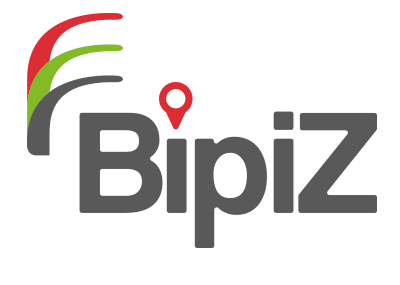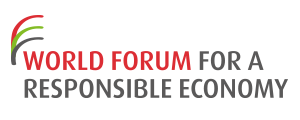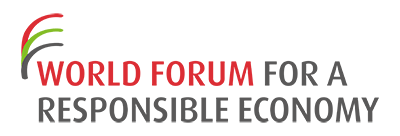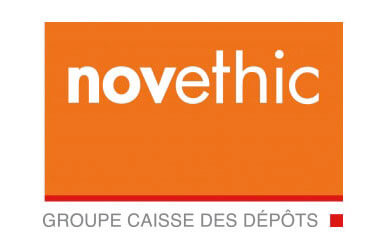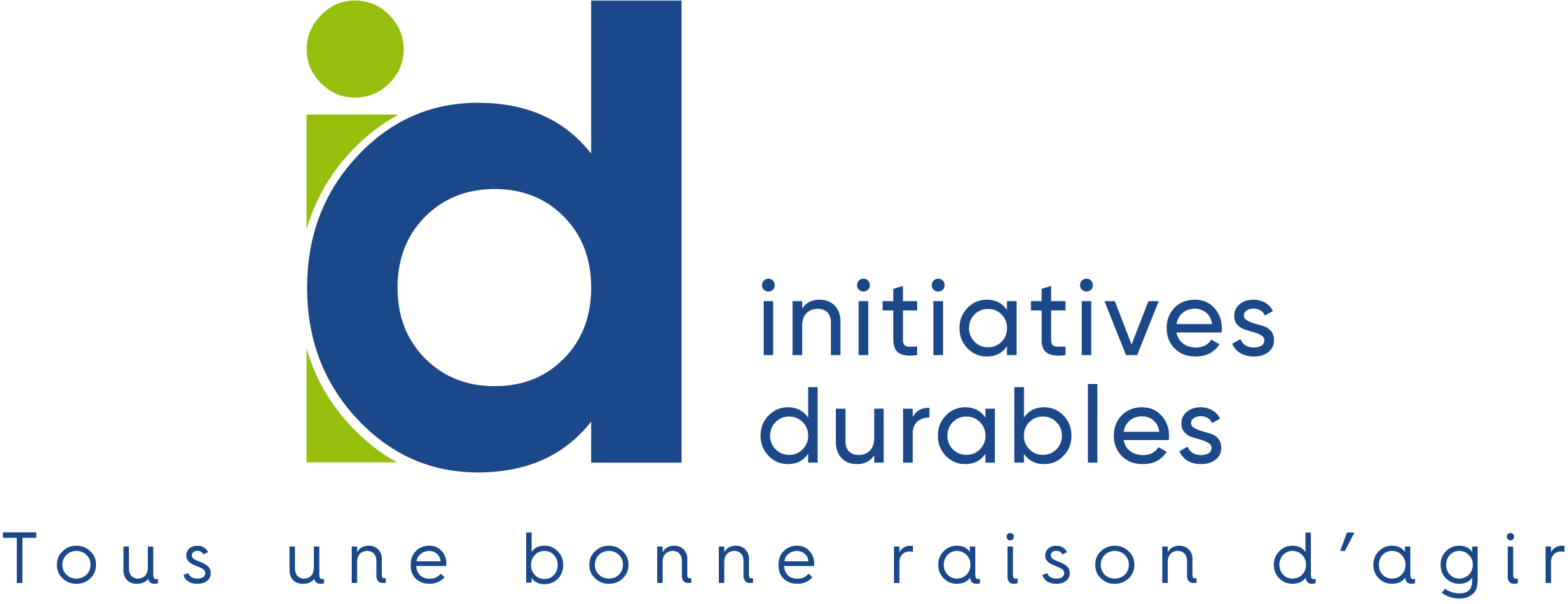Woolworths Holdings Limited was founded in 1931 and is based in Cape Town, South Africa. It is one of the top 100 companies listed on the Johannesburg Securities Exchange. Its core business focus is the provision of retail (clothing, food, home ware and beauty) and financial services to upper and middle income groups mainly in South Africa but also in Africa, Australia and New Zealand. Today the group has more than 450 stores and since April 2014 it is one of the10 biggest retail stores in the world.
In 2007, as part of their corporal social investment (CSI) strategy, Woolworths launched a long term programme towards sustainability: the Good Business Journey.
